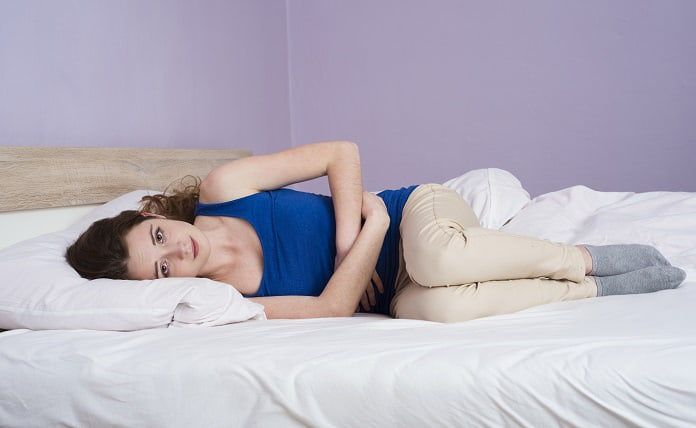A recent study examines the effect of acupuncture on fertility in women with polycystic ovary syndrome. Researchers determine whether it can increase the likelihood of live births.
Women with polycystic ovary syndrome (PCOS) have anovulatory menstrual cycles, where the ovaries do not release an oocyte during a menstrual cycle, and require additional medical therapy such as clomiphene citrate, in order to achieve fertility. Acupuncture has been proposed as an alternative option; however, the effect of acupuncture on fertility to increase the likelihood of live births is unknown.
Acupuncture is a form of alternative medicine that involves the insertion of thin sterilized needles in the body in hopes of treating the symptoms of a wide range of medical conditions. It is an integral component of traditional Chinese medicine, and more recently, researchers have proposed its effects in the treatment of infertility in women with polycystic ovary syndrome (PCOS). Since PCOS is the most common cause of anovulatory infertility and the use of drug therapies have a failure rate of up to 23.4%, the PCOS Acupuncture and Clomiphene Trial (PCOSAct) investigated whether acupuncture would induce ovulation in Chinese women, if used alone or in combination with clomiphene citrate. Clomiphene citrate is currently considered the first-line treatment for anovulation in women with PCOS.
In a randomized, multicentre clinical trial recently published in Journal of the American Medical Association, Wu and colleagues recruited 1000 Chinese women who met the criteria for PCOS: oligomenorrhea or amenorrhea (infrequent or missing periods), together with hyperandrogenism (excessive levels of the hormones known as androgens), polycystic ovaries (benign masses on the ovaries), or both. The participants were randomized to one of four possible intervention groups: active acupuncture plus clomiphene, control acupuncture plus clomiphene, active acupuncture plus placebo, and control acupuncture plus placebo.
The acupuncture treatments were standardized and all patients received 30-minute treatments two times a week, to a maximum of 32 treatments. In the active acupuncture group, needles were inserted in the leg muscles, the abdominal muscles, the hands and head with either manual or electrical stimulation. There was no electrical stimulation included in the control acupuncture group, and their needles were inserted only superficially in non-acupuncture points in both shoulders and upper arms. Patients were started on either one pill of clomiphene or a placebo pill from days three to seven of the menstrual cycle. In the absence of ovulation, the dose (clomiphene or placebo) was increased by one additional pill per day, not exceeding 150 mg/day or 750 mg/cycle. The researchers instructed the patients to have regular intercourse every two to three days, and all treatments were stopped once the patient had a positive pregnancy result.
The primary outcome of this study was live birth at 20 weeks gestation or later during the study period. Secondary outcomes included adverse events, pregnancy loss, multiple (twin or triplet) pregnancies, ovulation, and hormonal changes. The results included the data from the 926 women who remained active participants until the final visit. The researchers reported that there was a significantly higher live birth rate in women with PCOS who were treated with clomiphene (28.7%) when compared to those women treated with the placebo (15.4%), but there was not a significant difference between the groups treated with active (21.8%) and control acupuncture (22.4%). Pregnancy loss was 34.9% in the control acupuncture and clomiphene group, and back pain during pregnancy was reported less in the active acupuncture groups.
This study had several limitations including the fixed acupuncture protocol. Participants could have possibly benefited from more personalized treatment options. Traditional Chinese medicine combines acupuncture with individualized herbal mixtures, which were prohibited in this study to avoid introducing confounding variables and bias. Further studies on the effect of acupuncture could include a more natural presentation of acupuncture therapies.
In conclusion, in women with PCOS the use of acupuncture alone or in combination with clomiphene does not increase the likelihood of producing a live birth, and as such, acupuncture is not supported as a viable treatment option for infertility in these women.
Written by Kimberly Spencer, B.Sc. (Hons)
References
- Wu, X., Stener-Victorin, E., Kuang, H., Ma, H., Gao, J., & Xie, L. et al. (2017). Effect of Acupuncture and Clomiphene in Chinese Women With Polycystic Ovary Syndrome. JAMA, 317(24), 2502. http://dx.doi.org/10.1001/jama.2017.7217



